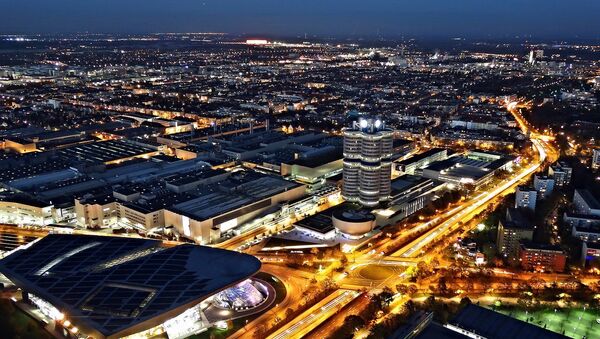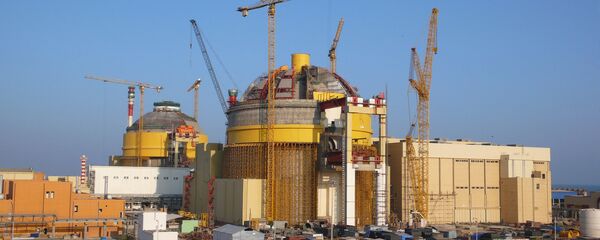The W32.Ramnit and Conficker viruses were discovered on the drives — malware which could be used to obtain sensitive nuclear fuel data.
W32.Ramnit allows hackers access to files and, potentially, physical control over systems; terrorists could access the information and use it to build a radioactive ‘dirty' bomb.
According to officials, the plant is isolated from the Internet, and, as such, no online theft could occur.
Concerns over the possibility of a terrorist nuclear attack have increased since it was revealed that extremists responsible for attacks in Brussels had been monitoring an official in charge of a Berlin nuclear plant.
Another warning sign was the discovery of documents related to a German nuclear base, in the flat of a Paris attacks suspect.
The Gundremmingen case has pushed German utility company RWE to enhance its cybersecurity protection measures.




